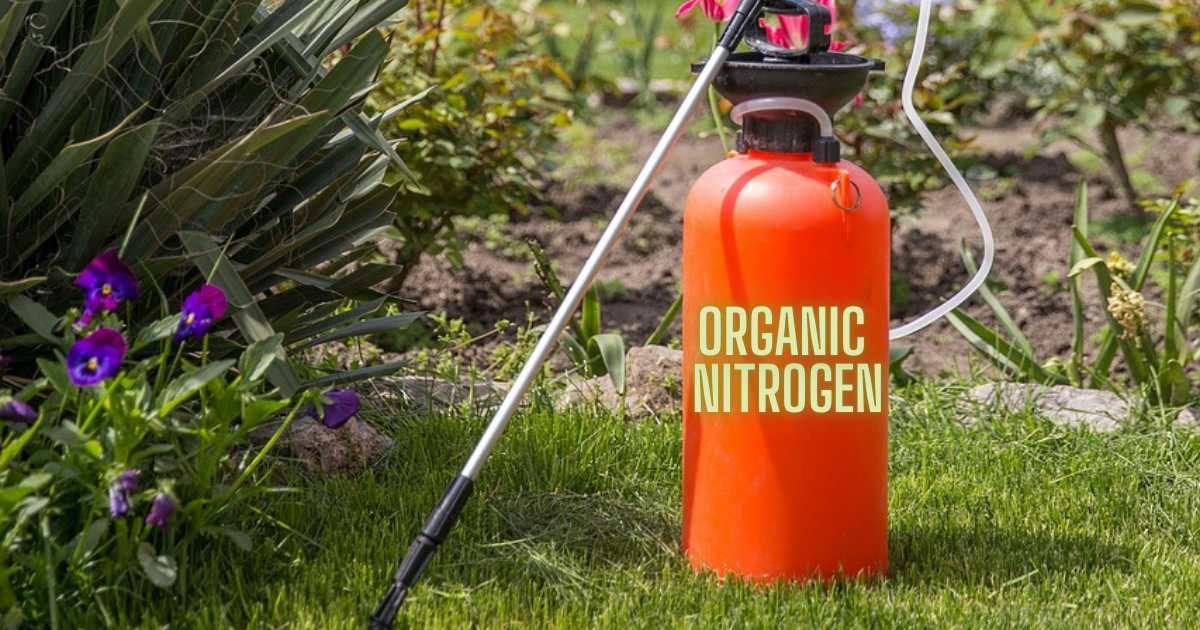Introduction to Organic Nitrogen Fertilizers
Picture this: you step into your garden, the sun warming your back, surrounded by vibrant greens and the sweet scent of blooming flowers. As you admire your plants, a nagging question arises: are they getting the necessary nourishment? Fertilizers play a crucial role in plant health; choosing the right one can make all the difference. In this article, we will explore organic nitrogen fertilizers—natural solutions that boost your garden’s vitality and promote a healthier environment.
Organic nitrogen fertilizers are derived from natural sources, offering essential nutrients without the harsh chemicals found in synthetic alternatives. Nitrogen is a critical nutrient that fuels plant growth, aiding photosynthesis and protein synthesis. Understanding organic nitrogen fertilizers can enhance your gardening experience while supporting ecological balance.
advertisement
Table of Contents
Why Choose Organic Nitrogen Fertilizers?
When it comes to fertilizing your garden, the choice between organic and synthetic options can be overwhelming. However, opting for organic nitrogen fertilizers has many benefits that extend beyond mere plant growth.
Environmental Benefits
- Reduced Chemical Runoff: Organic fertilizers break down slowly, minimizing the risk of nutrient runoff into waterways. This protects local ecosystems and promotes clean water.
- Soil Health: Organic fertilizers improve soil structure, encouraging the development of beneficial microorganisms. Healthy soil is the foundation of a thriving garden.
Health Benefits
Using organic fertilizers means you are cultivating a safer food supply. Avoiding synthetic chemicals reduces the likelihood of harmful residues on your fruits and vegetables, ensuring that what you eat is free from toxic substances.
Enhanced Microbial Activity
Organic fertilizers provide a rich environment for beneficial microbes, crucial in nutrient cycling and plant health. These organisms help break down organic matter, making nutrients more accessible to plants.
By choosing organic nitrogen fertilizers, you care for your plants and contribute to a sustainable gardening ecosystem.
Types of Organic Nitrogen Fertilizers
Understanding the various types of organic nitrogen fertilizers can help you choose the best option for your garden’s needs. Here’s a closer look at some popular choices:
- Compost
Compost is one of the most versatile organic fertilizers. It enriches the soil with nutrients while improving its structure.
- Homemade vs. Store-Bought: Creating your compost pile allows you to recycle kitchen scraps and yard waste, while store-bought options can save time and effort.
- Nutrient Content: Compost varies in nutrient concentration, so mix it with soil to balance the nutrient levels.
- Manure
Animal manure is a traditional source of organic nitrogen.
- Types: Chicken, cow, and horse manure are common. Each type has varying nitrogen levels:
- Chicken Manure: High in nitrogen, great for vegetables.
- Cow Manure: Provides a balanced nutrient profile and improves soil texture.
- Horse Manure: Lower in nitrogen but excellent for improving soil structure.
- Caution: Always compost manure before use to kill pathogens and reduce the risk of nutrient burn.
- Legumes
Incorporating legumes in your garden is a natural way to boost nitrogen levels.
- Nitrogen-Fixing: Legumes have a symbiotic relationship with nitrogen-fixing bacteria, allowing them to convert atmospheric nitrogen into a form plants can use.
- Crop Rotation: Rotate legumes with other crops to replenish soil nitrogen, enhancing overall fertility.
How to Apply Organic Nitrogen Fertilizers
advertisement
Applying organic nitrogen fertilizers correctly is critical to maximizing their benefits. Here are some best practices:
Timing
- Early Spring: Most plants benefit from nitrogen applications at the beginning of the growing season.
- Growing Season Boost: For heavy feeders, consider a second application mid-season.
Method
- Incorporation into Soil: For solid fertilizers like compost or manure, incorporate them into the top few inches of soil to promote microbial activity.
- Top-Dressing: Sprinkle organic fertilizers around the base of plants. This is particularly effective for established plants.
Frequency
- Soil Testing: Conduct a soil test to determine nutrient needs before applying fertilizers. This helps avoid over-fertilization, which can harm plants.
- Application Rates: Follow guidelines for recommended application rates based on your specific fertilizer type.
Potential Challenges and Solutions
advertisement
While organic nitrogen fertilizers offer numerous benefits, some challenges may arise. Here are common issues and how to address them:
Misconceptions
- Slow Release: Some gardeners believe organic fertilizers are ineffective due to their slower release rates. In reality, this slow release can lead to sustained growth over time.
Nutrient Deficiencies
- Symptoms: Yellowing leaves or stunted growth can indicate nitrogen deficiencies.
- Solution: If you notice these signs, consider quickly applying a fast-acting organic nitrogen source, like a blood meal, to provide an immediate boost.
Odor and Nutrient Burn
- The odor from Manure: Proper composting reduces odors. If you experience strong smells, ensure your compost is well-aerated and balanced.
- Nutrient Burn: Always follow application guidelines to avoid over-fertilization, which can damage plant roots.
Knowing these challenges, you can better navigate your gardening journey and ensure your plants thrive.
Conclusion: Embrace the Power of Nature
Organic nitrogen fertilizers are more than just a gardening tool—they are a pathway to healthier plants and a more sustainable gardening practice. By understanding their benefits and applying them thoughtfully, you cultivate a vibrant garden that feeds your family and respects the planet.
As you embark on your organic gardening journey, don’t hesitate to experiment with different fertilizers. Observe how your plants respond and adapt your approach accordingly. Remember, gardening is a learning process; every plant tells a story.
Call to Action
Ready to take your gardening to the next level? Dive deeper into organic practices and share your experiences with fellow gardeners. Join online forums, attend local workshops, and exchange tips to enrich your gardening knowledge. Your garden deserves the best—embrace organic nitrogen fertilizers today and watch your plants flourish!


